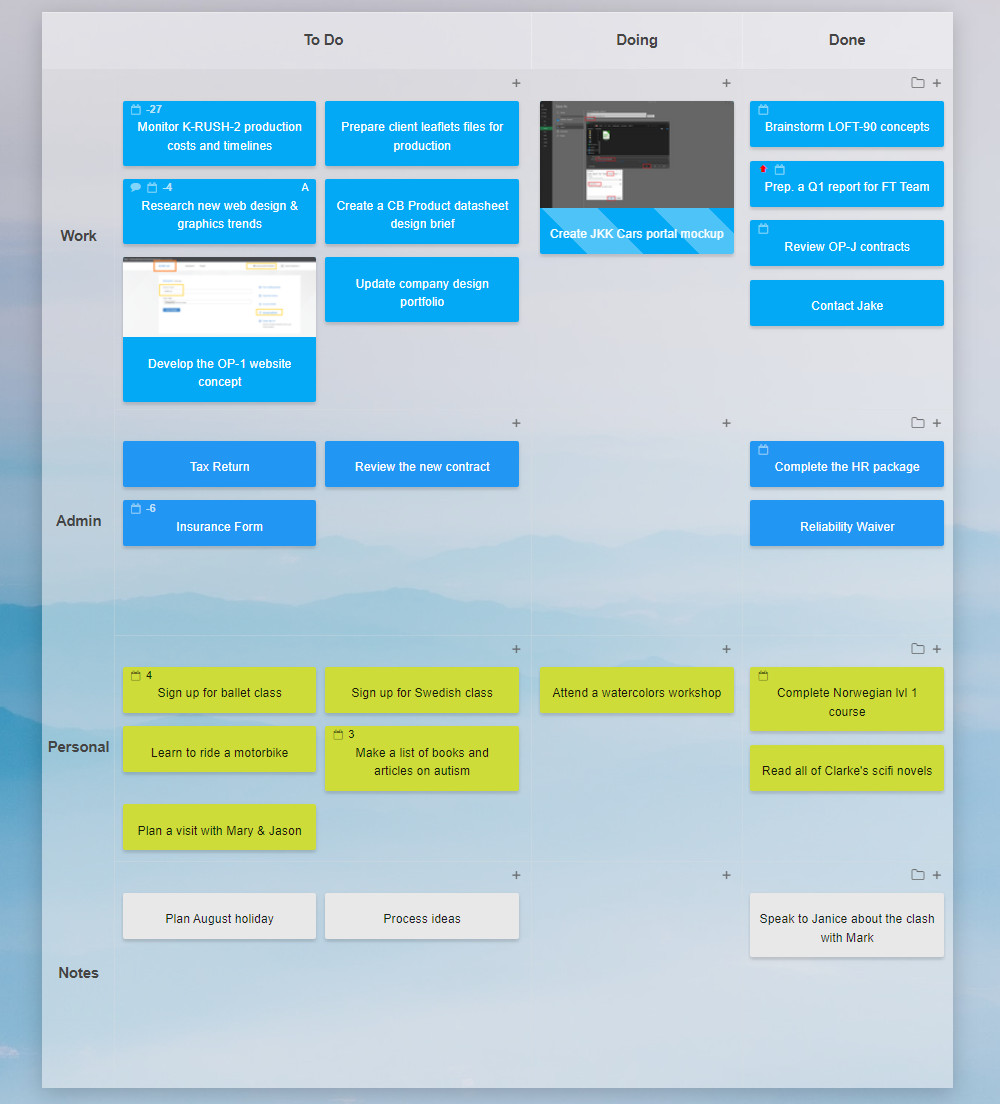Blog
Top Five Tips for Starting a New Position26 Apr 2023
So, you've made it - landed the job you wanted. Congrats! You got the placement based on skills and abilities, so what's left to do now is making a favorable first impression on the entire team. It matters for one reason only: first impressions can impact your future at the company, no matter what you do within your total time with the firm. It's a good idea to prepare and help yourself make the best possible entry. Here's our advice!

Be proactive and don't make assumptions
By that, we mean asking questions and paying attention to the received details. For instance, rather than assuming you should arrive at 9 AM in casual clothing, ask when you should show up and what's the dress code. Remember, it still stands even when you log in from home. And if you want a piece of mind, be sure to make it to the office 15 minutes ahead of time, just so that you're not late on your first day.
Many companies will have a tried and tested onboarding process for you, but in case they don't - it's in your best interest to ask about all the unknown aspects of your new job and those that leave room for interpretation. Better to enquire than assume and regret it later.
Listen to people and be observant
It should go without saying that it'd be good if you took the time to introduce yourself to your new coworkers - don't rely on your manager to do it for you. Keep the intro short and positive. If your team isn't big, you should have the time to say a few words about yourself, and while it's best to stick to your professional background, don't feel you cannot crack a joke or mention your child or a pet, to help the team relate to you more easily. And, although you may be tense, it will go a long way if you can pay attention to what the team says in reply to you introducing yourself. At the very least, try to remember your new colleagues' names.
Once you move on to discuss work and daily tasks, be on the lookout for information about the team's goals and objectives. Don't be afraid to take notes (on people's names, too) and map out checklists or reminders. As you get busy with your start-up tasks - it'll pay to use your fresh eye to spot any improvement opportunities. We'd advise against taking the "let me fix this process for you, now that I'm here" approach - it'd constitute the opposite of making good first impression. Nevertheless, take the opportunity as a newcomer to spot potential wasteful activities or inconsistencies in the team's process. Note them down for later - if your company cares for efficiency, there will come a time when you'll be asked for your thoughts and suggestions. That'll be your time to shine.

Test your soft skills
If you're a people person, able to communicate anything to anyone with ease and humanity, feel free to skip this point of advice. But if you're in the other 89% of the population who can sometimes struggle with efficient communication, leadership, or decision-making, do a dry run before entering your new offices. Think of the most likely questions you'll be asked and prepare your answers. Emphasize your phrasing - be clear, non-aggressive, yet decisive. If you find that doing this is a big problem, consider - in the long term - taking a workshop to help you speak and define your thoughts more clearly.
On the other hand, knowing that you'll be spending several hours with people you don't yet know, make sure to have a few readily-available ice-breakers at the back of your head - ask people about their hobbies, free time, recent tv shows, etc.
Find one area of improvement
After a few weeks on the job, you should be able to identify one aspect of your new job that is a challenge. While it can be tempting to marry the challenge with the stress of a new position and lean towards calling it quits, it may be worthwhile to go in the opposite direction. Focus on overcoming the challenge as your goal and a possible achievement to unlock as part of your professional growth. It can be your communication skills, a specific missing technical skill, or other previously unreachable targets. Proving that you can learn, and learn fast, should not go unnoticed by your team and manager, and in either case, will be of most benefit to you.
Have patience and get organized
Starting a new job is a significant change - you will need time to adjust and feel comfortable. Don't be too hard on yourself if you're not immediately up to speed or if you make mistakes along the way - who doesn't?! Remember that everyone was new at some point and that adapting has to take time.
Lastly, changing employers often means a lot of paperwork and administrative tasks, such as filling out forms, setting up your PC and phone, getting to know the new environment, etc. List what you need to do and prioritize based on urgency and importance. What could help with both the technical items, as well as with getting head-ready for your first day, is a personal to-do board in Kanban Tool. Split it into swimlanes for your key actions, admin work, soft skills, improvement, and personal notes, and plan your entry in a clear and structured way.

Starting a new job can be overwhelming enough to make your head spin. Make it easier for yourself by organizing yourself visually to gain a piece of mind and assurance that: yes, you are now ready! Best of luck!
Sign up for a 14-day free trial
to test all the features.
Sign up now and see how we can help
your organization deliver exceptional results.